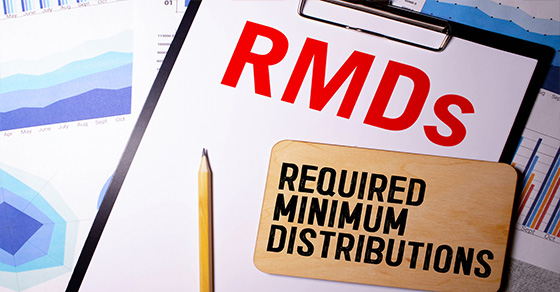Answers to your questions about taking withdrawals from IRAs
As you may know, you can’t keep funds in your traditional IRA indefinitely. You have to start taking withdrawals from a traditional IRA (including a SIMPLE IRA or SEP IRA) when you reach age 72. The rules for taking required minimum distributions (RMDs) are complicated, so here are some answers to frequently asked questions. What […]
Answers to your questions about taking withdrawals from IRAs Read More »







